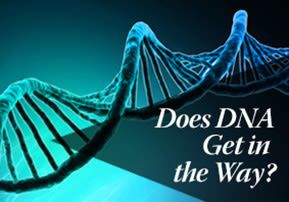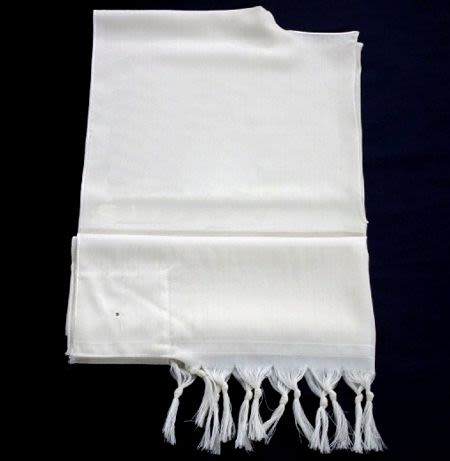
Masaei: Does DNA Get in the Way?
To what extent does a person's inborn traits limit or facilitate his or her ability to successfully perform their mission on earth?

"And Moses wrote the origins of their journeys at Hashem's bidding, and these were their journeys according to their origins." (Numbers 33:2).
Many commentators have wrestled with the age-old question of the above passage's double language, and why “origins” precedes “journeys” at the beginning of the passage, yet at the end, the exact opposite and “journeys” precedes “origins”. What is the Torah talking about? With Hashem's assistance, let's try to understand:
The Gemara apparently contradicts itself. In one place[1], it tells about the angel that supervises pregnancies, whose name is Ly-la. He takes the seed, presents it before Hashem and asks: “Master of the World! What shall this one be – strong or weak, wise or dumb, rich or poor?” From this excerpt, it sounds like a person's fate is sealed even before he or she is born. Yet on the other hand, Rebbe Chanina comes along and says[2], “Everything is in Heaven's hands except for the awe of Heaven.” The Gemara then comes to the conclusion that there is no contradiction here. Surely, Hashem decides if a person will be strong or weak, smart or stupid, rich or poor. But, the choice between good and evil, between becoming a righteous person or a wicked person is totally up to the individual. Everyone must understand that  Hashem decides a person's basic characteristics – that person's “tool box” that enables him to perform his task on earth – but Hashem allows a person to maintain his own desires and his free choice to choose good or otherwise.
Hashem decides a person's basic characteristics – that person's “tool box” that enables him to perform his task on earth – but Hashem allows a person to maintain his own desires and his free choice to choose good or otherwise.
The above principle of inborn traits and freedom of choice is reflected marvelously in our Torah passage at hand. “Origins” indicates a person's inborn traits, the relative advantages and disadvantages that Hashem gives a person from birth. “Journeys” are the paths that a person chooses and his actions, for life is truly a journey where a person chooses whether to follow a path of righteousness or an opposite path, Heaven forbid. The beginning of the passage, where “origins” precedes “journeys” is therefore an indication of a person's status at birth, for he already has his DNA – his genetic makeup and basic traits – but he hasn't yet started his journey in life. This is also why the beginning of the passage states “at Hashem's bidding”, for Hashem alone decided and created the individual's particular DNA and genetic map.
On the other hand, “journeys” precedes “origins” at the end of the passage to stress that at the end of one's life, he or she won't be judged according to their material achievements and acquisitions but according to their choices and spiritual aspirations. Why aspirations and not outcome? Hashem decides the outcome but leaves the desire to us.
Knowing that Hashem decides a person's prowess, income and IQ, there's no reason for a person to be arrogant. Just as he need not be haughty about his natural strengths, he need not be disappointed or embarrassed about his natural weaknesses. Yet, every single person has the magnificent power to make a monumental effect on the world by desiring to good or otherwise. How? By desiring to do good, Hashem enables a person to do good; such a person becomes a worthy dwelling for the Divine Presence. By bringing the Divine Presence to the world, a person makes a dramatic change in the world for the better, no matter how seemingly insignificant that individual might be. This is our task and the purpose of our journey on earth – to learn emuna and get to know Hashem and to make ourselves suitable receptacles for Divine light. That way, each of us can illuminate the world – what an awesome achievement! Our DNA doesn't get in the way of successfully fulfilling this lofty task.











Tell us what you think!
Thank you for your comment!
It will be published after approval by the Editor.